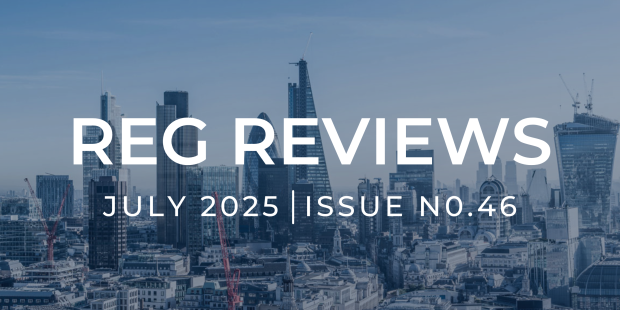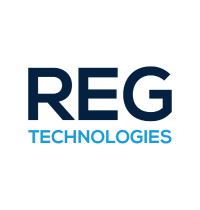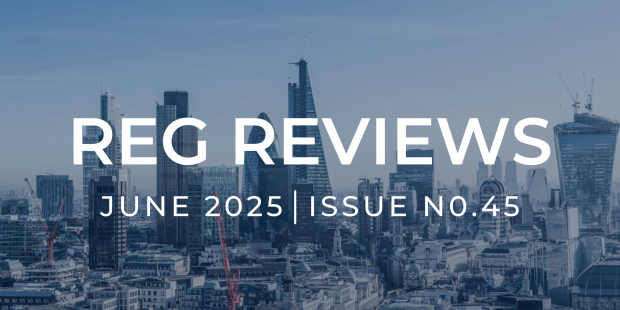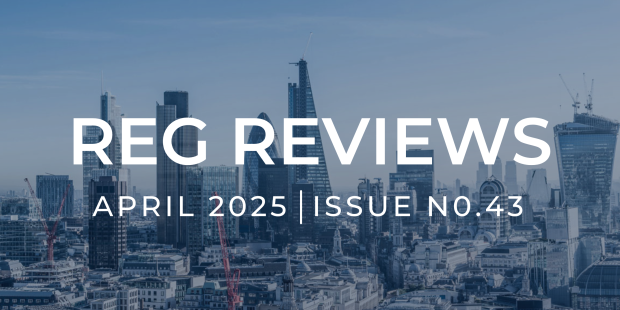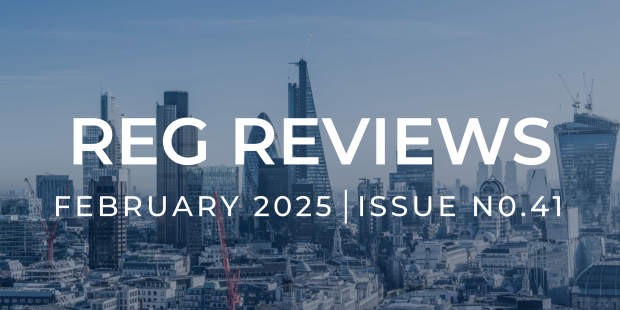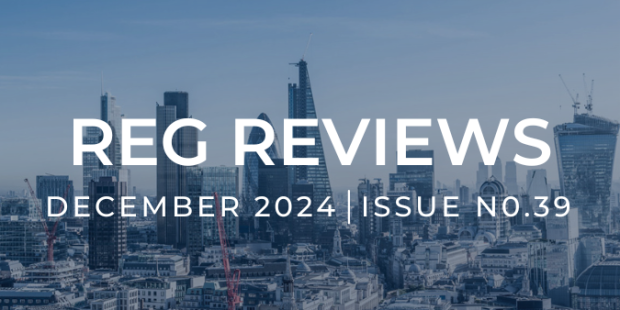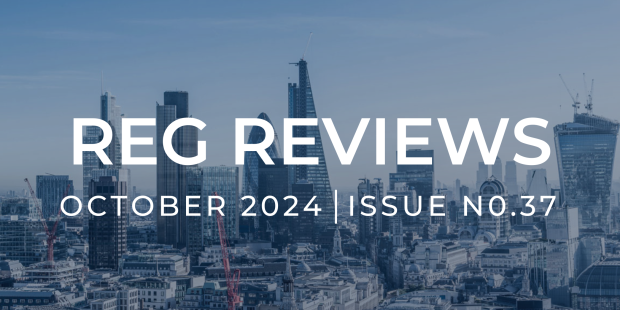For years, REG has helped firms across the insurance market stay on top of regulatory compliance, monitor counterparty risk, and automate onboarding through a single, trusted platform. The REG Network is already embedded in many firms’ day-to-day compliance workflows. But as the industry evolves, so do the needs of our users. That’s why we’re expanding REG beyond regulatory data and into deeper insight and discovery.
This month, we’re introducing two major updates: Business Profile and Smart Search. Together, they represent the next step in our mission to make REG a hub not just for compliance, but for connection, visibility, and growth.
Until now, REG’s strength has been its ability to simplify and automate regulatory checks. Whether you’re assessing a counterparty’s FCA permissions, reviewing control changes, or managing fair value assessments at scale, our platform gives you the confidence to make informed decisions — fast. But we know that this is only part of the picture.
Making smart decisions about who to work with isn’t just about compliance — it’s about having visibility into a firm’s wider business, people, and proposition. What do they specialise in? Who are their key contacts? Where do they operate? What products do they offer?
With Business Profile, we’re bringing this information together in one place — combining rich company insight with the regulatory data you already rely on.
You’ll now see a dedicated space on each firm’s profile for business-level detail, including company overviews, product lines, operational reach, and key people. It’s a more complete view of your existing connections — and the ones you might want to work with next.
This helps users quickly understand not just whether a firm is compliant, but who they are as a business. Whether you’re researching a prospective partner, comparing suppliers, or refreshing your view of an existing relationship, Business Profile provides the kind of contextual insight that helps reduce ambiguity and build trust early on.
It’s also a chance to tell your own story. When your firm completes its Business Profile, it becomes visible to the wider REG Network — making it easier for potential partners to find, assess, and engage with you. In an increasingly competitive market, having a clear, up-to-date profile helps you stand out.
Alongside Business Profile, we’re also launching Smart Search — a faster, more intelligent way to discover firms on REG. With Smart Search, you can now filter firms by a much wider set of criteria: from business activities and specialisms to regulatory status, location, and more.
This is particularly useful for teams looking to assess the market at speed. Need to find an MGA with property expertise in the Midlands? A broker with international reach and strong credit status? Smart Search makes it possible in just a few clicks. And the more information a firm includes in its Business Profile, the more visible and discoverable it becomes in these results.
This is more than a directory. It’s a living, breathing marketplace of regulated firms — and a smarter way to navigate it. These updates mark a step-change in how REG supports the market. By combining compliance data with business intelligence, REG is evolving into a platform that not only reduces risk, but actively enables growth.
For users, this means less time spent chasing background information and more time focusing on building strong, strategic partnerships. It means the ability to discover relevant firms faster, onboard with greater confidence, and showcase your own strengths to a wider audience.
It’s also completely free to use. All REG users can complete their Business Profile and start benefiting from increased visibility right away.
Simply log in to your REG account and you’ll see the new Business Profile section available to complete. Adding your information is quick and straightforward — and your profile will instantly become visible to others on the platform.
Smart Search will be available from your REG homepage, giving you access to a powerful new search experience designed to support your commercial and compliance workflows.
These tools are built to work hand-in-hand — and we’re confident they’ll unlock new value across your day-to-day.
This launch is part of a wider roadmap to make REG the go-to platform for relationship management in regulated industries. We’ll continue to invest in features that support that vision — helping our users build trust more quickly, and stay ahead of market demands.
With Business Profile and Smart Search, REG is taking a meaningful step toward that future. Your Profile. Your Network. Your Opportunity to Grow — with REG. Keep an eye on your inbox for when the features go live — and be ready to take your place in a smarter, more connected Network.

















